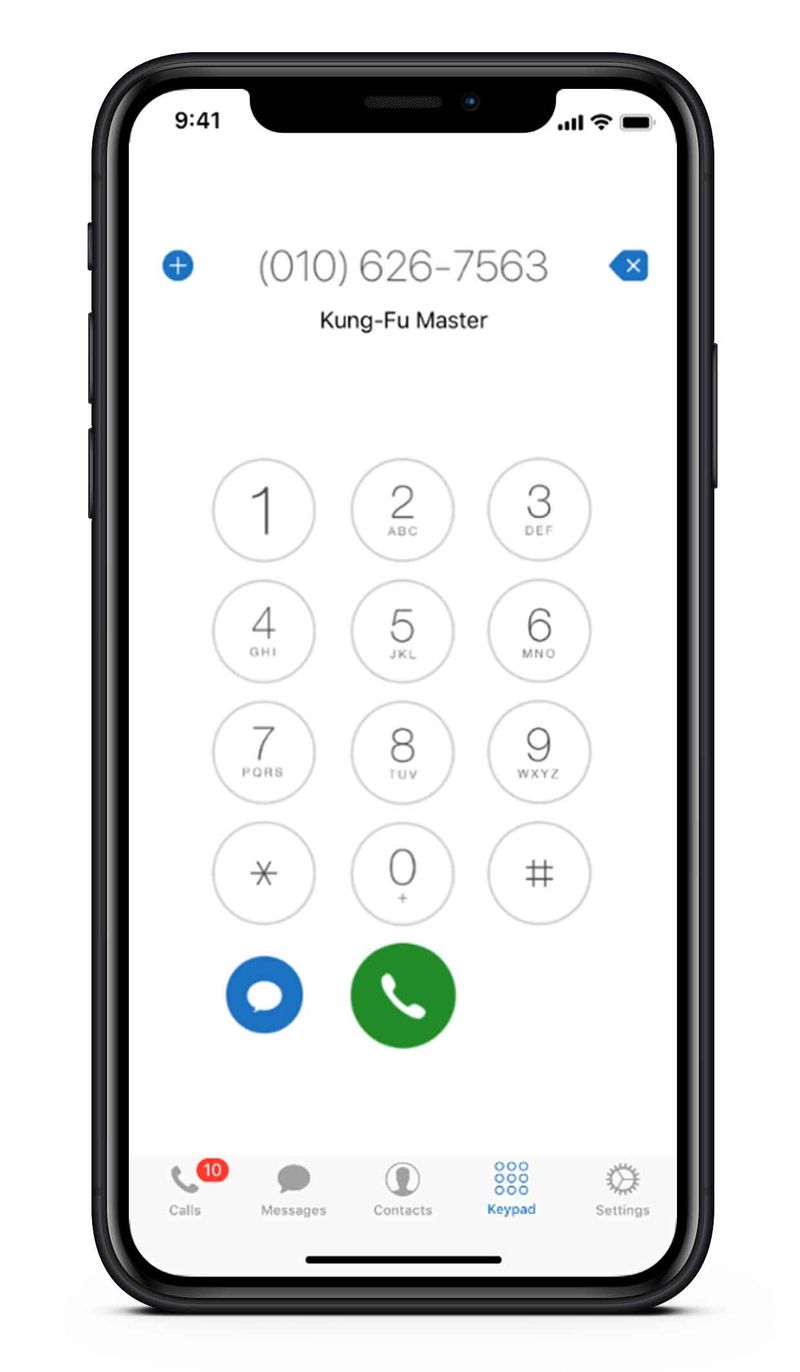As the world evolves, so do our traditions—but not everyone is thrilled about it. Gen X, often caught between Boomers and Millennials, is quietly letting go of certain everyday customs that once defined life.
From handwritten thank-you notes to answering the phone without screening, these fading traditions are driving Boomers crazy.
Here’s a look at 15 once-common habits that Gen X is leaving behind – and why older generations aren’t ready to let them go.
1. Writing Checks for Everyday Purchases
Writing checks was once a staple of everyday transactions. Gen Xers, however, have largely abandoned this tradition for more convenient options like credit cards, digital wallets, and online banking. This shift has made check-writing nearly obsolete for the younger generation.
Meanwhile, Boomers view checks as a secure and tangible way to handle money. Many Boomers find comfort in the physical act of writing a check, considering it a reliable method of payment. As technology advances, the generational gap in payment preferences widens, leaving Boomers feeling nostalgic.
2. Sending Handwritten Letters and Cards
The art of sending handwritten letters and cards is fading. Gen Xers prefer emails, texts, and e-cards, valuing speed and convenience. This digital shift has left Boomers longing for personal, heartfelt communication.
Many Boomers cherish the thoughtfulness that comes with handwritten notes, viewing them as meaningful gestures. The decline of this practice highlights the generational emphasis on efficiency over sentimentality. For Boomers, receiving a handwritten message is a treasured experience that connects them to a more personal past.
3. Shopping at Malls
Malls were once bustling hubs of social activity for Boomers and early Gen Xers. However, online shopping and big-box stores have transformed consumer habits, leaving many malls deserted.
Gen Xers appreciate the convenience of shopping from home, while Boomers miss the experience of in-person browsing and the social interactions tied to it. The decline of malls symbolizes the changing landscape of retail and the fading of communal spaces that Boomers fondly remember.
4. Using Landline Phones
Landline phones are becoming relics as Gen Xers embrace mobile technology. Many have ditched traditional home phones in favor of cell phones, citing convenience and versatility.
Boomers, however, still believe in the reliability of a “real” home phone, particularly for emergencies. The absence of landlines represents a shift in how communication is valued and highlights the growing dependence on mobile technology that Boomers find perplexing.
5. Reading Physical Newspapers Every Morning
With the advent of digital news and social media, physical newspapers are losing their place in daily routines. Gen Xers prefer accessing news on their devices, appreciating real-time updates and diverse sources.
Boomers, on the other hand, enjoy the tactile experience of reading a newspaper. They value the tradition of spending a quiet morning with a cup of coffee and a paper. The decline of print media represents a shift towards digital consumption that Boomers often find disorienting.
6. Wearing Business Attire to Work
Business attire, once a symbol of professionalism, is fading as casual dress codes and remote work become the norm. Gen Xers appreciate the comfort and flexibility of more relaxed workwear.
Boomers, however, view suits and ties as a hallmark of professionalism and respect. The shift in workplace attire reflects broader changes in corporate culture, where comfort and individual expression are prioritized over traditional norms.
7. Saving Paper Copies of Everything
Gen Xers are embracing digital storage, relying on cloud services and digital records to keep their documents safe. This trend has led to a decline in the need for paper copies.
Boomers, however, still prefer to keep file cabinets full of paperwork, believing in the security of physical copies. The generational divide highlights differing approaches to data management, with Boomers often questioning the permanence of digital solutions.
8. Using Maps and Printed Directions
Printed road maps are becoming obsolete as GPS and apps like Google Maps offer instant directions. Gen Xers prefer digital navigation for its convenience and accuracy.
Boomers argue that printed maps never lose signal or run out of battery. They appreciate the reliability of having a physical map on hand. This transition underscores the generational trust in technology and the nostalgia Boomers feel for traditional methods.
9. Watching Live TV on a Set Schedule
Streaming services and DVRs have transformed how Gen Xers consume TV, allowing them to watch on their schedules. This flexibility has made waiting for weekly shows unnecessary.
Boomers, however, still enjoy the ritual of appointment TV, where programs are watched as they air. This tradition is fading as on-demand viewing takes over, much to the dismay of those who cherish the communal aspect of live TV.
10. Talking to a Cashier Instead of Using Self-Checkout
The rise of self-checkout technology appeals to Gen Xers for its speed and convenience. Many prefer to scan items themselves, avoiding long lines.
Boomers, however, prioritize human interaction when shopping and prefer talking to a cashier. The growing popularity of self-checkout reflects a shift towards efficiency that Boomers find impersonal and detached from the shopping experience.
11. Memorizing Phone Numbers
For Gen Xers, smartphone contact lists have made memorizing phone numbers unnecessary. This reliance on technology has altered how people remember important contacts.
Boomers argue that knowing phone numbers is crucial for emergencies and fosters mental agility. The loss of this skill highlights a broader trend towards technological dependence that Boomers often view with skepticism.
12. Cooking Meals from Scratch Every Night
Gen Xers, balancing busy lives, often turn to meal kits and takeout for quick and easy dinner solutions. This convenience-driven approach contrasts with the traditions of home-cooked meals.
Boomers grew up with the expectation of cooking from scratch, valuing the time and effort involved. The shift towards convenience foods represents broader changes in lifestyle and family dynamics.
13. Sticking with One Job for Life
Gen Xers prioritize work-life balance and career flexibility, often changing jobs for better opportunities. This career mindset contrasts sharply with the Boomers’ value of company loyalty and long-term employment.
Boomers see stability and commitment as virtues, often feeling perplexed by the frequent job changes of younger generations. The evolving workplace expectations highlight a shift toward personal fulfillment over traditional career paths.
14. Cash-Only Transactions
In the age of digital payments, cash is becoming less common. Gen Xers prefer credit cards, mobile payments, and online transfers for their convenience and speed.
Boomers, however, appreciate the tangibility of cash and often feel frustrated when younger people never have exact change. This shift reflects broader technological adoption, leaving Boomers yearning for simpler times.
15. Expecting Kids to Play Outside All Day
Boomers recall long hours of outdoor play, a stark contrast to Gen X parenting styles that favor structured activities and indoor entertainment. Concerns over safety and changing social norms have transformed how children spend their time.
The generational divide reveals differing attitudes towards childhood experiences and the impact of modern life on free play. Boomers often view these changes with concern, longing for the simplicity of their own youth.















